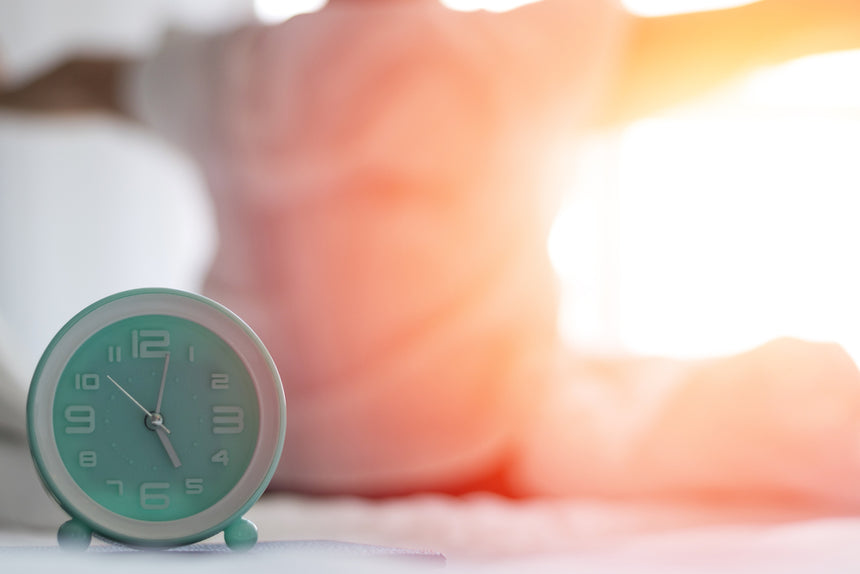Your Circadian Rhythm and Why It Matters
All living creatures, from fungi to humans, have an internal clock that runs on a 24-hour cycle. This daily cycle, called the circadian rhythm, regulates many of our daily functions, including mood, hormone production, cell regeneration, body temperature, eating, metabolism, and of course, sleep.
When this internal clock is mismatched with the environment, (such as a long flight over multiple time zones, or if you stay up too late or get up really early), your body and mood will be affected. If your circadian rhythm is chronically misaligned with your lifestyle, you may be more at risk for some diseases, such as obesity, diabetes, and mood disorders.
Your Brain and Your Circadian Rhythm
The part of your brain that controls the circadian rhythm is called the suprachiasmatic nucleus (SCN). The SCN is made of about 20,000 nerve cells, is very small, and lives in the hypothalamus. The neurons in the SCN fluctuate throughout the 24-hour day.
These neurological changes occur because of light and darkness. The retinas in your eyes send signals to the SCN. In daylight, these signals tell your brain to turn on various hormones and functions—hunger, body temperature, and alertness. When it’s dark, these signals tell your brain to be calm, lower your body temperature, and prepare for sleep.
The SCN is supremely intelligent. It can adjust it’s own sensitivity based on other incoming signals. For example, if your workplace isn’t super bright, it can rely on your daily ritual of being awake and alert during work hours to keep your body from signalling for sleep, even if it’s not light.
Circadian Rhythm and Energy Production
These signals sent from the SCN also play a role in how your cells produce energy. In the cell, the mitochondria are responsible for breaking down nutrients and creating energy molecules for the cell.
Researchers have found that a loss in the circadian rhythm can case a decline in cellular energy production. The relationship also works inversely. If there is some sort of drop in cellular energy production, your circadian rhythm can be affected.
The time of day obviously impacts how the cellular demand for energy. When you’re asleep and not eating, your cells don’t need the energy capacity necessary to your daily activity. However, long bouts of being awake can cause issues because the mitochondria are never allowed to “rest.”
Cellular regeneration and recuperation are essential to your health and maintaining proper energy levels.
Hormone Production and Your Circadian Rhythm
The SCN is responsible for regulating hormone production. For example, when it gets dark, and your eyes register that the sun is down, the SCN signals the pineal gland to start producing the hormone melatonin.
Melatonin decreases your respiration rate and body temperature. It’s also responsible for helping you to feel more relaxed and tired.
In the morning when the retina sends signals to the SCN that they can detect daylight, the SCN then sends signals to the brain to turn on the hunger hormone ghrelin.
These hormones, however, aren’t usually turned on when it’s still dark and very early. If you’ve ever had to be awake at 5:00 a.m. and even thinking about breakfast made you feel nauseated, you can than your circadian rhythm.
Protecting Your Circadian Rhythm
Because it plays such an important role in your body, it’s important to protect your circadian rhythm. If you aren’t a night-shift worker, you should do what you can to sleep during the night and be awake during the day.
Try to go to bed around the same time each night and stick to a pre-bed routine.
Don’t watch television or use electronic devices 1-2 hours before you go to sleep. The light from electronics can send signals to your brain that it’s daytime and make it much more difficult to sleep.
Make your room dark and cool. If you have a television in your room, take it out and keep your cell phone or laptop away from your bed.
In the morning, try to wake up around the same time every day. These types of routines are important to maintaining an internal clock that works the right way to regulate your body and keep you disease-free.
